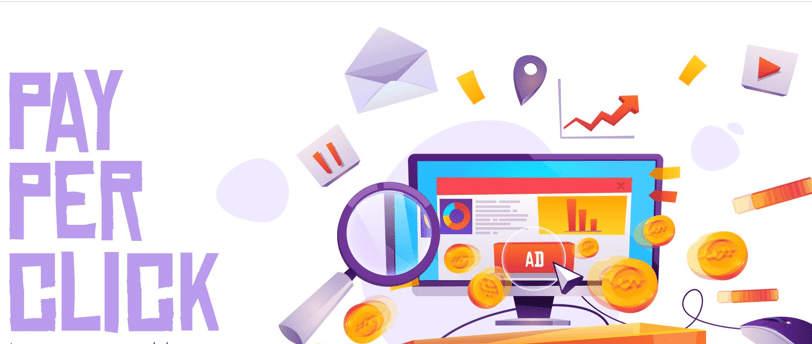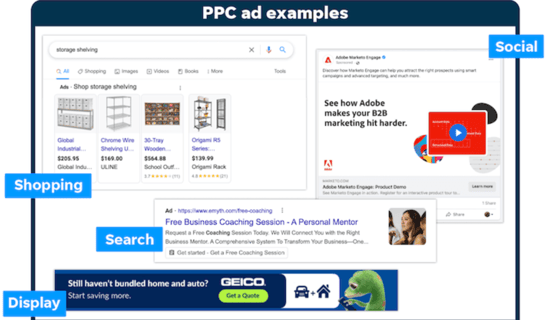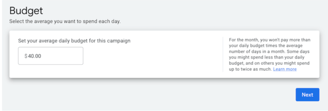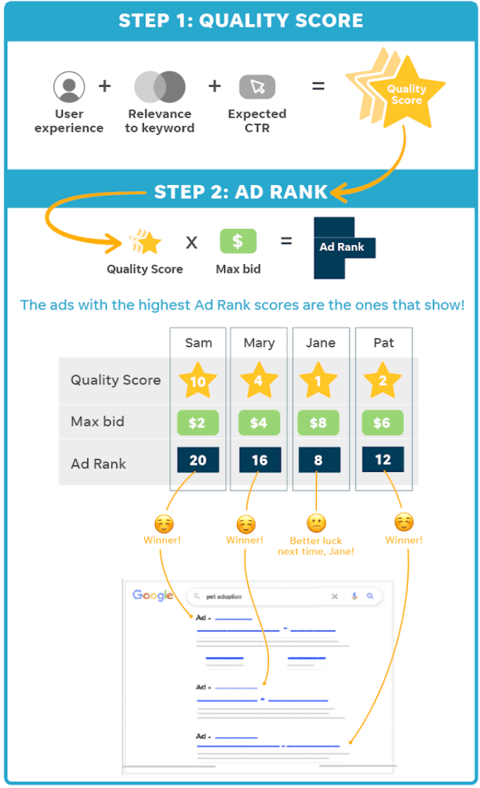PPC: What is it? Learn the Fundamentals of PPC (Pay-Per-Click) Advertising
"Master PPC advertising strategies with our blog. Unlock insights, optimize campaigns, and boost ROI with expert tips on effective pay-per-click advertising."


PPC: What is it?
Pay-per-click, or PPC, is a digital advertising model in which an advertiser is charged a fee each time one of their adverts is clicked. In essence, you are purchasing targeted traffic to your website (or landing page, or application). The cost is little when PPC is operating well because the click is worth more than you paid for it. If a $3 click generates a $300 sale, for instance, you have profited handsomely.
PPC advertisements can consist of text, photos, videos, or a mix of these and come in a variety of sizes and forms. They may show up on web pages, social media networks, search engines, and other places.


One of the most often used PPC models is search engine advertising, sometimes referred to as sponsored search or search engine marketing. When a user searches for a product or service connected to their business, it enables advertisers to bid for ad placement in the sponsored links of the search engine. For instance, if we place a bid on the term "google ads audit," our free Google Ads Performance DigitalizeWithUs advertisement might show up in the search engine results for that as well as a related query:
How do PPC advertisements operate?
Although PPC advertising varies in appearance depending on the platform, the overall procedure is as follows:
Choosing the type of campaign to run depends on your goal.
Your targeting and parameters (audiences, devices, locations, scheduling, etc.) should be adjusted.
Give your bid strategy and budget.
Enter the landing page URL (your destination).
Construct your advertisement.


The location, timing, and cost of a click on your advertisement are all decided algorithmically once it goes live. These factors include your budget, bid, campaign parameters, and the relevancy and quality of your advertisement.
All PPC advertising platforms reward marketers who develop credible, relevant pay-per-click campaigns with cheaper costs and better ad positioning since they want to maintain happy users.
Therefore, you must acquire the necessary skills if you want to maximise your PPC earnings.
📙 Free guide >> PPC 101: The Beginner’s Guide to PPC
How does PPC work in Google Ads?
Advertisers select a group of keywords to target with their ad and bid on each one when they construct it. You are essentially telling Google that you want your ad to show up for searches that match or are linked to pet adoption if you bid on the keyword "pet adoption" (more on keyword match types here).
Which adverts show up for a given search is determined by Google using a series of formulae and an auction-style procedure. Your ad's Quality Score, which ranges from one to ten depending on the relevancy of the ad to the term, the quality of the landing page, and your predicted click-through rate, will be displayed before your ad is put into the auction.
The highest sum you are willing to pay to click on that specific ad will be your maximum bid, multiplied by your quality score to determine your Ad Rank. The ads with the highest Ad Rank ratings are the ones that appear.
With the help of this approach, successful advertising can contact prospective clients at a price that works for them. In essence, it's similar to an auction. The Google Ads auction's operation is demonstrated in the infographic below


To Learn More about Goggle Ads and PPC. Click here...
